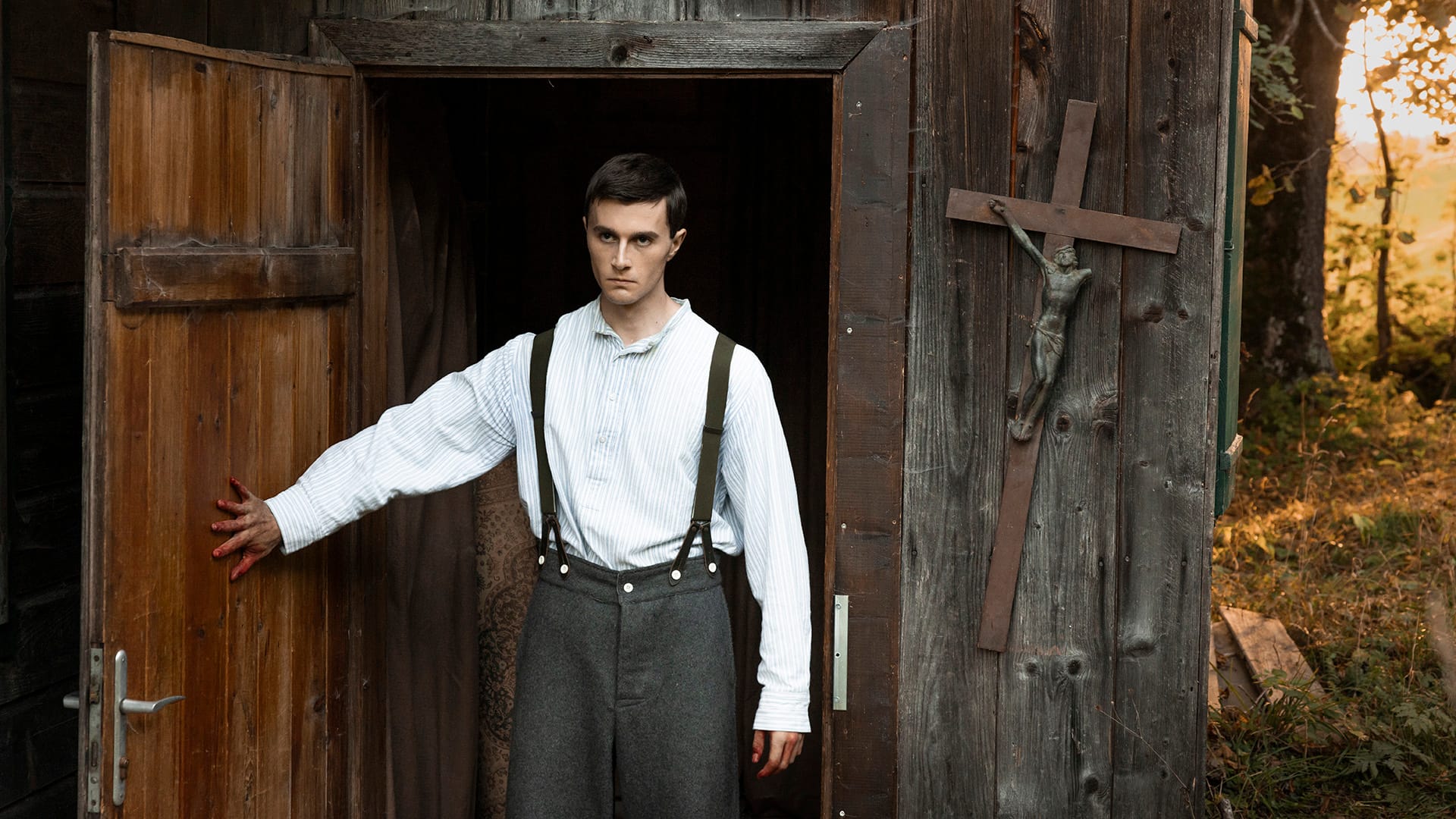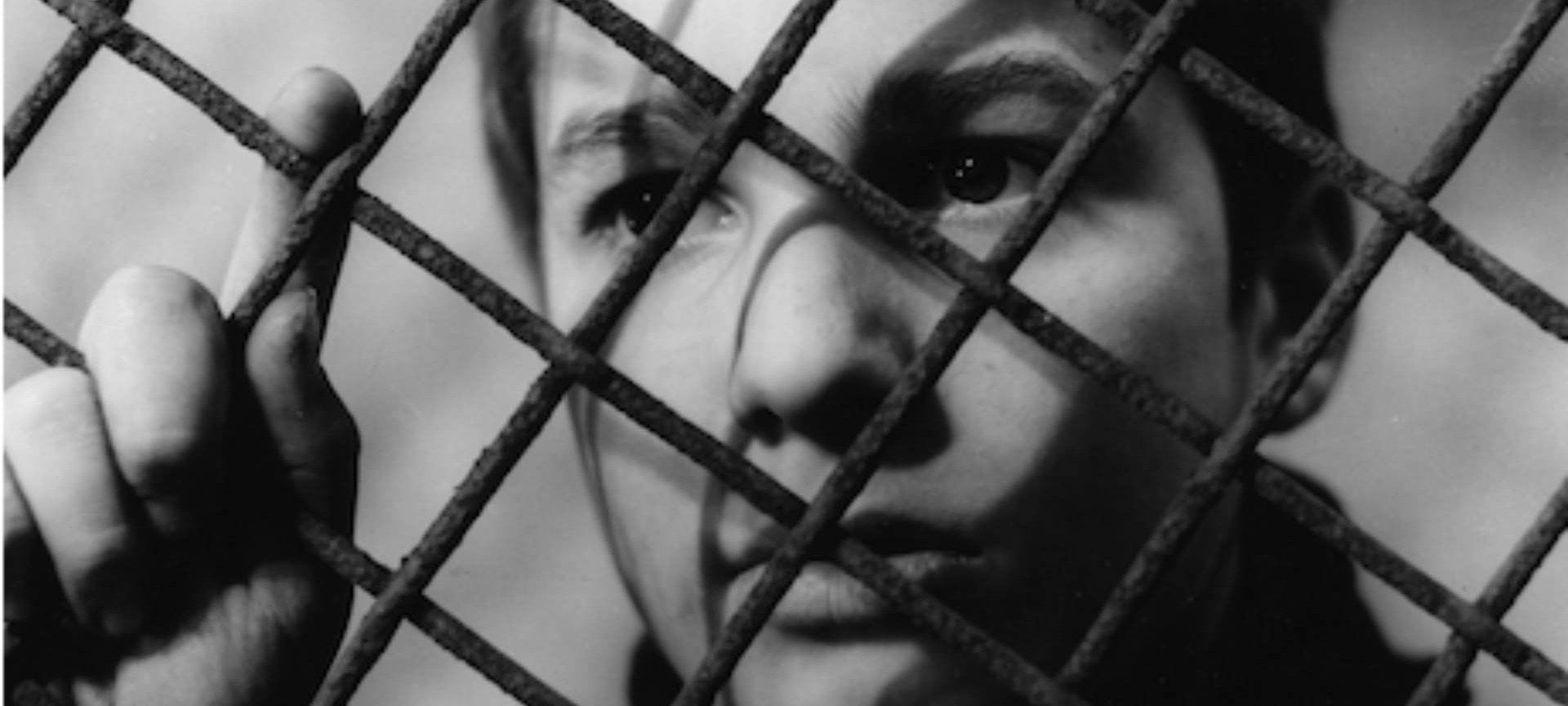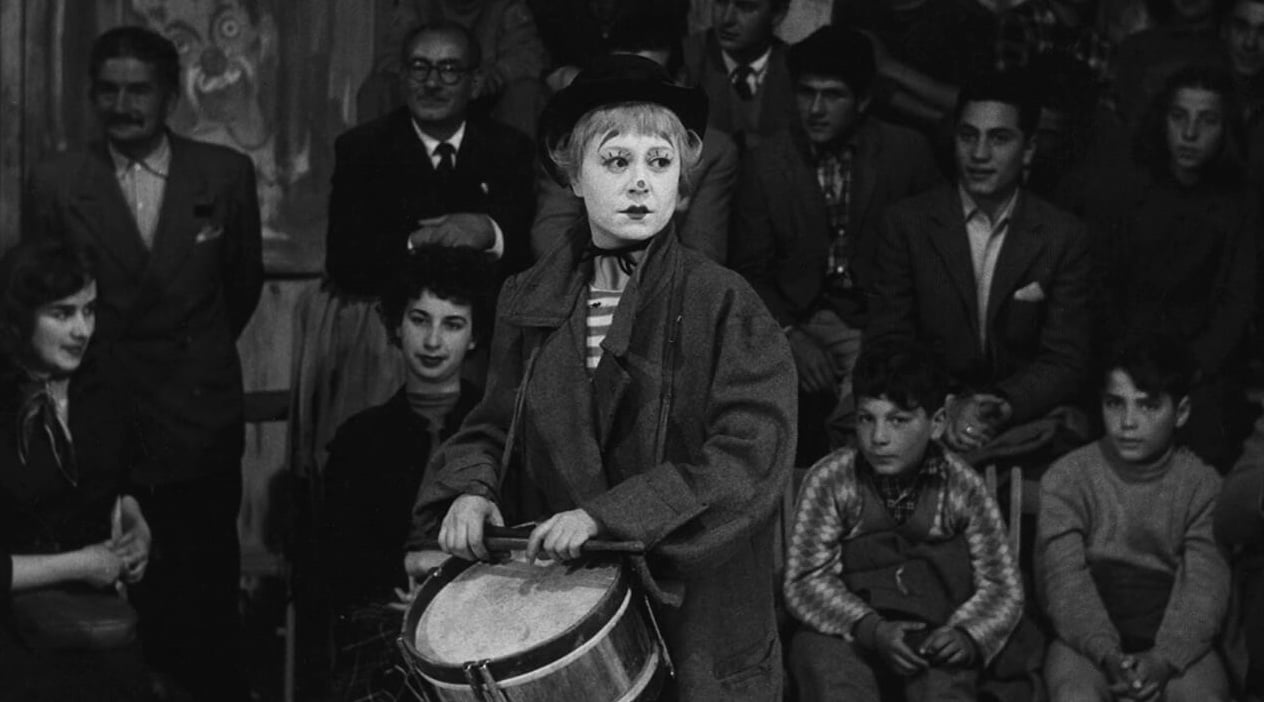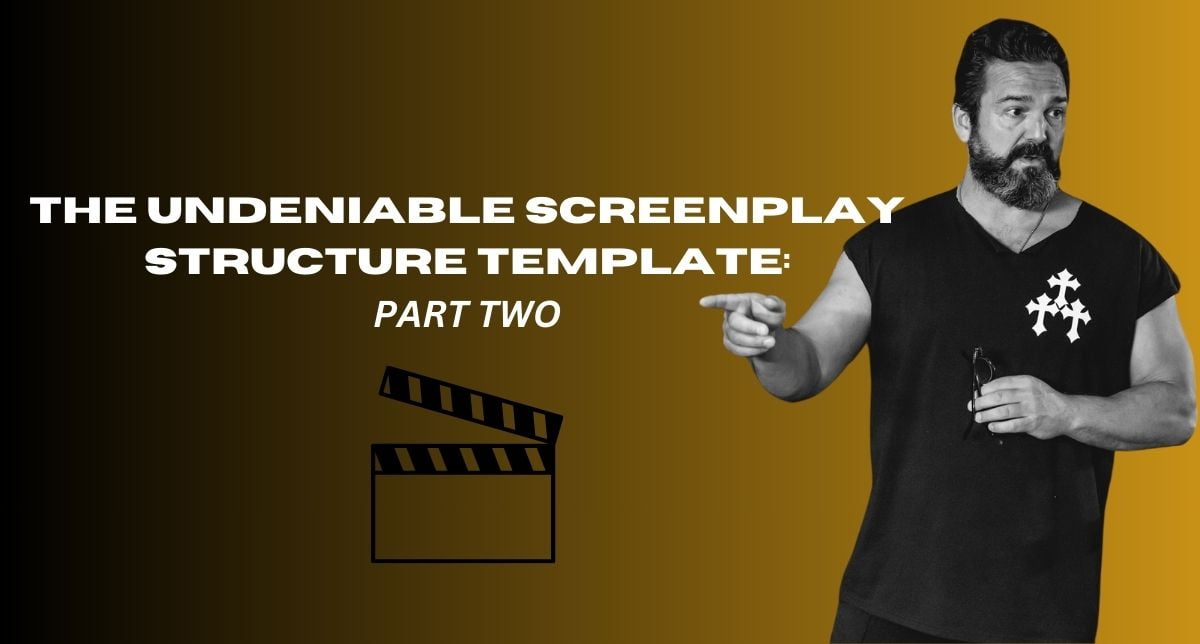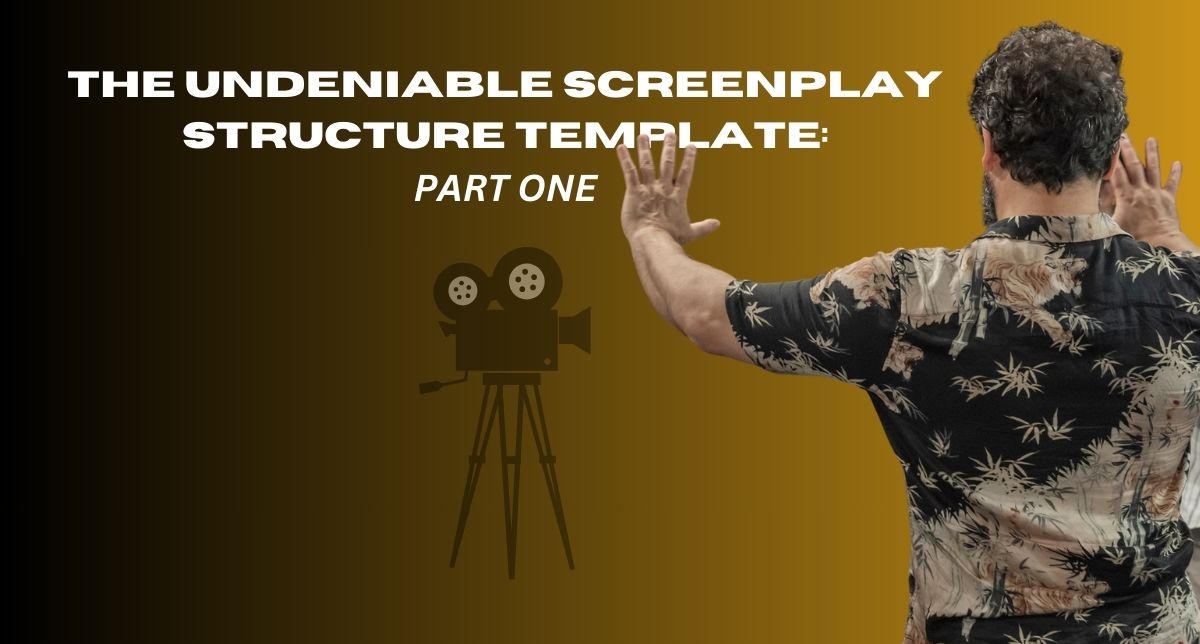Dear Storyteller,
We need to move beyond surface-level storytelling and dive into crafting screenplays that resonate at a deep, emotional level — no, at a spiritual level! Let’s get deep and explore how what I call ‘soulful screenwriting’ can transform our work from entertaining to unforgettable.
Writing a great screenplay isn’t just about stringing together snappy dialogue or crafting a plot that keeps viewers guessing. Though these are definitely necessary and difficult things to do — a great structure will help (download my FREE guide here for help with that) but we need to go further.
We need to challenge ourselves as cinematic storytellers and attempt to reach into the very core of what it means to be a human in this vast, incomprehensible universe and pull out something real, something raw—some real and profound insights that linger with the audience long after the credits roll.
This is what I like to call ‘soulful screenwriting,’ and it’s the difference between a film you watch and forget and a story that lives with you forever. Personally, I’m not interested in creating any other kind of story
The Heartbeat of Soulful Screenwriting
Soulful screenwriting is more than just adding a clever plot twist or a memorable one-liner; it’s about infusing our stories with depth, authenticity, and a connection to the human experience that goes beyond the superficial.
Far beyond the metaphysical even.
When told correctly and soulfully, stories can take the audience on a journey inside their hearts, minds and spirits. When storytellers get it right— the audience feels seen, heard, and understood. They feel enlightened.
‘There is no spoon.’ The Matrix
On the surface, it’s a simple line. But dig deeper; it’s a profound commentary on the nature of reality, the nature of non-duality, echoing themes found deep in the Bhagavad Gita. It’s a moment that transcends narrative, inviting viewers to question their own perceptions and beliefs.
‘All that we see is but a shadow of the reality that lies beyond.’ Bhagavad Gita
This verse speaks about the illusory nature of our material world, suggesting that our senses perceive only a fraction of the truth, similarly to how Neo begins to see through the Matrix.
Why Depth and Emotion Matter
Let’s talk about why infusing depth and, dare I use the word; ‘spirituality’, into your screenplay isn’t just a nice-to-have; it’s essential.
The scenes that stick with us, that haunt our dreams are the ones where the writer has forced us to think and feel something simultaneously.
Consider this line from The Talmud, famously used in SCHINDLER’S LIST:
‘Whoever saves one life saves the world entire.’
This single sentence seems to carry the weight of history in its entirety, resonating on a deeply spiritual level. It’s not just a line of dialogue—it’s a religious order; a spiritual imperative.
Characters with Soul
Characters are the lifeblood of any story, and soulful screenwriting means creating characters that aren’t just vehicles for the plot. They need to have huge motivations, profound fears, and epic vulnerabilities that are as consuming, complex and contradictory as our own.
In STALKER, Tarkovsky uses his protagonist, The Stalker to embody the paradox of spiritual leadership: he is a man who appears broken, physically and emotionally, yet possesses an unshakable belief in the Zone’s mystical power. The Stalker’s spirituality is expressed through his humility, his willingness to serve others, and his unwavering belief in something greater than himself.
‘Here, in this place, you can meet anything… But you must not take a single step on your own, without me.’ Stalker
The Stalker’s journey is not just a physical one, it is a deeply spiritual pilgrimage. He believes in the mystical power of the Zone, as a place where one’s deepest desires are fulfilled, even though he cannot prove its existence or efficacy. It’s the Heaven that Christianity promises. The Stalker’s faith is a stark contrast with the rationalism of the Writer and the Professor, similar to how Jesus’ teachings often clashed with the perceived worldly wisdom of His time.
In DIRTY BOY, my debut feature which received a gala screening at Cannes ’24, the protagonist, Isaac is a deeply religious young man, plagued with haunting visions and dark bouts of madness. It is this madness however, which draws him closer to the divine and by the end of the film, we are presented with a messianic anti-hero who has become enlightened through his journey.
‘Because you identify with the body, you now imagine consciousness is to be found somewhere else. And you choose to live in ignorance and fear. It doesn’t have to be this way.’
Isaac, Dirty Boy
The Universal Language of Emotion
One of the most beautiful things about cinematic storytelling is its ability to speak to universal truths. When we write with a connection to the mystical, we’re not just telling stories, we’re connecting with something larger than ourselves. We’re tapping into themes and experiences that cross boundaries of language and time.
‘Remember who you are.’
This line that Mufasa tells Simba in THE LION KING is a spiritual directive that draws from a deep well of mythological and religious storytelling. It resonates because it’s not just about a lion cub—it’s about every one of us finding our place in the world and living up to our potential.
‘Know thyself.’
This famous philosophical maxim, attributed to Socrates, calls for deep self-awareness and introspection, encouraging us to remember, understand and honour our true essence, echoing the core idea in The Lion King that remembering and honouring who you are is a profound spiritual act, connecting you to your true nature, your purpose, and your higher self.
Authenticity is Key
Authenticity is everything. In life as well as art. Audiences can smell inauthenticity a mile away. If you’re trying to shoehorn emotion or philosophical arguments into your story to manipulate the audience, or if your characters don’t feel real or operate with believable motivations, your audience won’t buy into your tale.
Authenticity in storytelling doesn’t mean everything has to be based on real events or even be based in any semblance of a real world, but it does mean that the emotions, the struggles, and the triumphs need to feel genuine.
Take Eternal Sunshine of the Spotless Mind. The film’s exploration of love, memory, and pain is authentic not because it mirrors our exact experiences, but because it taps into the real, messy, deep emotions we feel when dealing with loss and regret.
‘What if you stayed this time?’
This isn’t just a question—it’s a plea, a reflection of our deepest fears and desires.
‘Do not dwell in the past, do not dream of the future, concentrate the mind on the present moment.’
This Buddhist teaching encourages staying present and making conscious choices in the moment, reflecting the idea of choosing to stay and embrace the present fully.
What choices might we have made if had demons from our past or the fears from the future not been a part of the decision. ‘What if you stayed this time?’ is encouraging presence, commitment, and the courage to choose connection over avoidance, even in the face of uncertainty or past difficulties.
Big Themes are the Divine Pulse of Soul-Stirring Screenwriting
When I was writing DIRTY BOY, I wanted to create a story that spoke about the notion that there is an intersection between madness and spirituality, that one can sometimes lead to the other. My lead character, Isaac suffers with Multiple Personality Disorder, battling with a perverted alter-ego that often draws him off the spiritual path he would like to be on.
During the film, Isaac learn to stop denying his alter-ego and embrace his madness—ultimately leading him to a profound spiritual awakening—a realisation that God is within him, a part of him.
‘You recall now the story of the footprints in the sand, the footprints left behind you as you walked through life. You look back and see you have left only one set of prints your entire life… And you begin to wonder: Were you The Carried? Or The Carrier Himself?’
Isaac, Dirty Boy
Big themes are crucial; they elevate films to resonate on a deeper, more universal level, transcending mere entertainment, touching the soul. Themes of love, loss, identity, spirituality and redemption engage the heart and mind, but when these are explored through profound, timeless questions: about the human condition, the nature of existence, or the struggle for meaning, they invite our audiences into a shared spiritual experience.
The Impact of Soulful Screenwriting
When screenwriters master the concepts of soulful screenwriting (and they’re not hard), they’re not just creating entertainment; they’re crafting an experience that lingers. Films and TV shows that strike this balance don’t just achieve critical acclaim—they find commercial success too—because they resonate. They stick in the hearts of viewers, prompting them to recommend, rewatch, and relive the story again and again.
Look at the enduring success of films like The Shawshank Redemption. When Andy Dufresne says:
’Hope is a good thing, maybe the best of things, and no good thing ever dies.’
It’s a line that transcends mere narrative. It speaks directly to the audience’s soul. It carries on a literate tradition of inspiring hope within us:
‘Even the darkest night will end, and the sun will rise.’
Victor Hugo, Les Misérables
This philosophical reflection by Hugo speaks about the enduring belief in the permanence of good things, that hope is a powerful force that endures, sustains, and uplifts, even in the face of adversity.
Soulful screenwriting isn’t just about telling a story. It’s about touching hearts, changing minds, inspiring spirits and creating something that lives on long after the final FADE OUT.
Doug Rao

